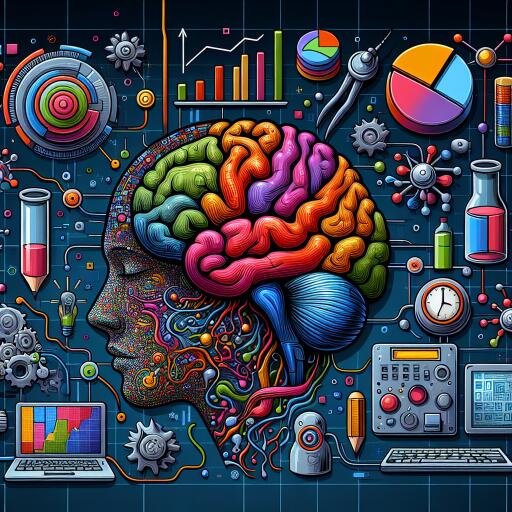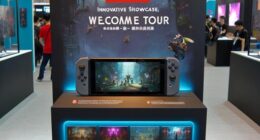Unveiling the Power of DBScope: A New Frontier in Deep Brain Stimulation Data Analysis
Deep Brain Stimulation (DBS) represents a beacon of hope for individuals suffering from neurological diseases and is under exploration for psychiatric conditions. This treatment modulates neural activities by delivering electrical impulses directly to targeted brain regions. However, the selection of stimulation parameters traditionally follows a trial and error method, requiring frequent adjustments based on the patient’s response. The advent of neurostimulators, capable of sensing local field potentials during stimulation, marks a significant leap forward. Among these, the Percept PC by Medtronic, approved in 2020 in the US and EU, stands out. This feature has the potential to revolutionize our understanding of disease mechanisms, track the progression of conditions, and refine stimulation therapies to be more responsive to the patient’s current neural state.
However, despite these advances, a gap remains in effectively utilizing the vast amounts of data generated. Enter DBScope, a groundbreaking open-source toolbox designed to bridge this divide. Tailored for both clinical and research settings, DBScope offers a unique blend of versatility and ease of use, enabling users to import, visualize, and analyze sensing data from neurostimulation devices like the Percept PC. Its dual-mode operation caters to a broad spectrum of users—from clinicians aiming for quick data inspection to researchers involved in intricate data analysis for new biomarker discovery.
The primary hurdle in harnessing the full potential of DBS data is the scarcity of tools capable of comprehensive analysis and visualization. With current options either being overly simplistic or requiring significant technical expertise, the field was in desperate need of an innovative solution. DBScope fills this void by offering a user-friendly interface alongside a programmatically accessible library of functions, making it an indispensable tool for the modern clinical and research toolkit.
DBS practices, primarily conducted in an open-loop system, rely heavily on clinician experience and observational outcomes for parameter adjustments. This approach, while effective, leaves room for improvement in personalization and optimization of therapy. The integration of real-time sensing data opens new avenues for adaptive stimulation therapies, potentially enhancing patient outcomes by allowing more precise targeting of neural circuits based on real-time feedback. The challenge, however, lies in processing and interpreting the complex datasets generated by these devices.
Recognizing this, DBScope has been meticulously developed to support the needs of the DBS community. It not only simplifies the import and analysis of neurostimulation data but also paves the way for a deeper understanding of brain activity patterns associated with various diseases. This could lead to the identification of novel electrophysical biomarkers, offering a more refined approach to therapy customization and evaluation. The toolbox, freely available on GitHub, includes a parser for the Percept PC device, with plans to expand support as additional sensing-enabled devices enter the market.
In conclusion, DBScope represents a significant stride towards optimizing deep brain stimulation therapy through improved data utilization. Its development is a testament to the ongoing innovation in the field of neurology and neuroscience, promising to enhance the precision of DBS therapies and usher in a new era of adaptive and responsive treatment strategies. For clinicians and researchers alike, DBScope offers a powerful platform for unlocking the full potential of DBS data, heralding a future where personalized stimulation therapies become a reality.
As the landscape of neurological treatment continues to evolve, tools like DBScope will play a crucial role in ensuring that advancements in technology translate into meaningful clinical outcomes. For anyone involved in the world of DBS, the exploration of this toolbox is not just recommended; it’s essential.










